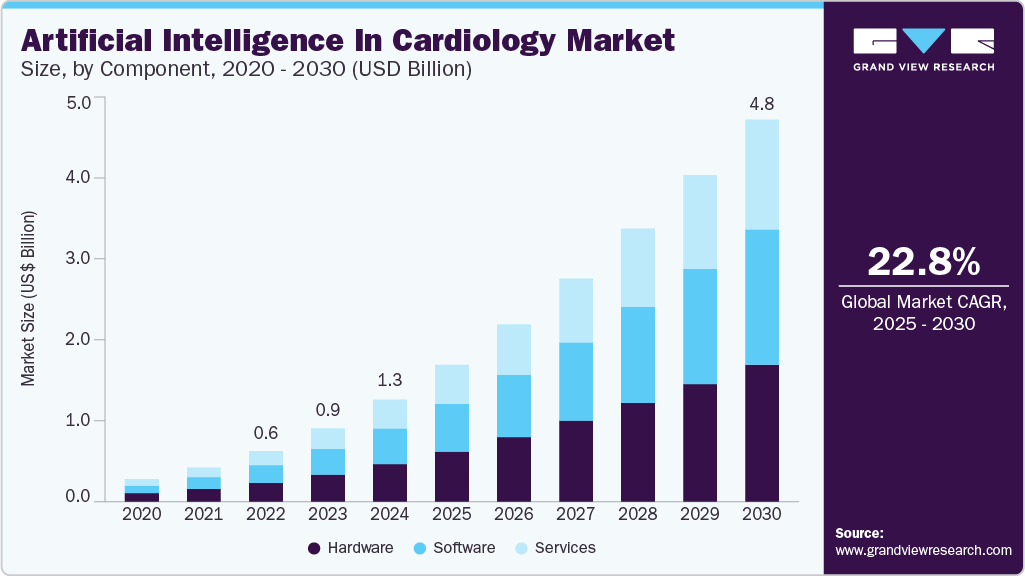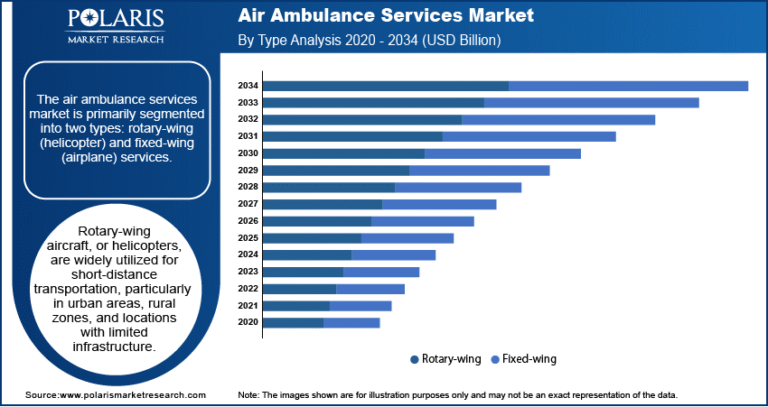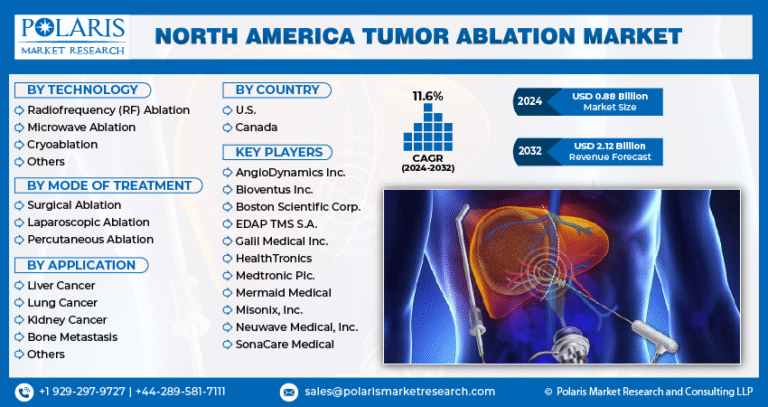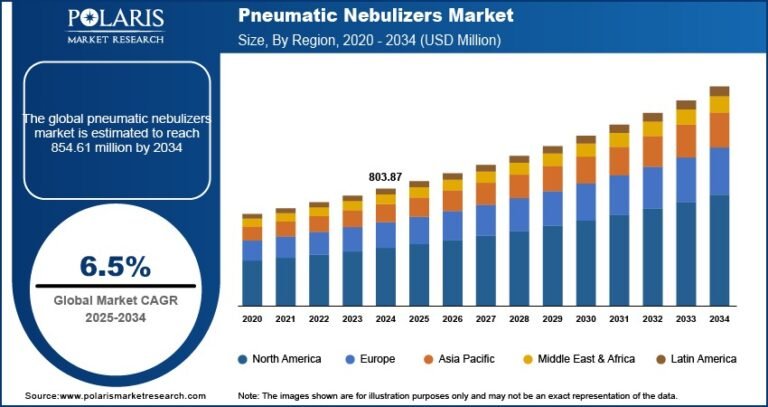Artificial Intelligence In Cardiology Market Size, Share & Trends Analysis growing at a CAGR of 22.81% from 2025 to 2030

The global artificial intelligence in cardiology market size was estimated at USD 1.29 billion in 2024 and is projected to grow at a CAGR of 22.81% from 2025 to 2030. The rising global prevalence of cardiovascular diseases, coupled with the increasing focus of cardiac specialists on enhancing diagnostic precision and rapid advancements in cardiac imaging technology, are among the key factors responsible for expanding the applications of AI in cardiology.
Key Highlights:
- North America dominated the AI in cardiology market with the largest revenue share of 45.00% in 2024.
- The AI in cardiology market in the U.S. is driven by the advancements in ML & deep learning technologies.
- By component, the hardware devices segment led the market with the largest revenue share of 36.66% in 2024
- By application, the diagnosis segment led the market with the largest revenue share of 39.94% in 2024.
- By medical condition, the ischemic heart disease (IHD)/CAD segment led the market with the largest revenue share of 37.93% in 2024.
Request a free sample copy or view report summary: https://www.grandviewresearch.com/industry-analysis/artificial-intelligence-in-cardiology-market-report/request/rs1
For instance, in May 2023, Sensydia announced the development of its Cardiac Performance System (CPS), which uses biosensors and AI to detect heart abnormalities. The company secured USD 8 million in funding to advance its technology.
A primary factor driving the growth of AI in cardiology is the increasing prevalence of cardiovascular diseases (CVDs) and the consequent need for efficient & effective healthcare solutions. According to the WHO, CVD remains the leading cause of mortality worldwide, accounting for an estimated 17.9 million deaths annually. This escalating burden necessitates developing & implementing advanced technologies to improve disease management and patient outcomes.
The integration of AI in cardiology facilitates personalized medicine. By analyzing individual patient data, AI assists in tailoring treatment plans designed to address the unique needs and conditions of each patient. For instance, in managing Heart Failure, AI help determine the most effective combination of medications and lifestyle modifications for each patient based on their specific disease profile and response to previous treatments. This personalized approach enhances the efficacy of interventions and improves patients’ overall quality of life.






